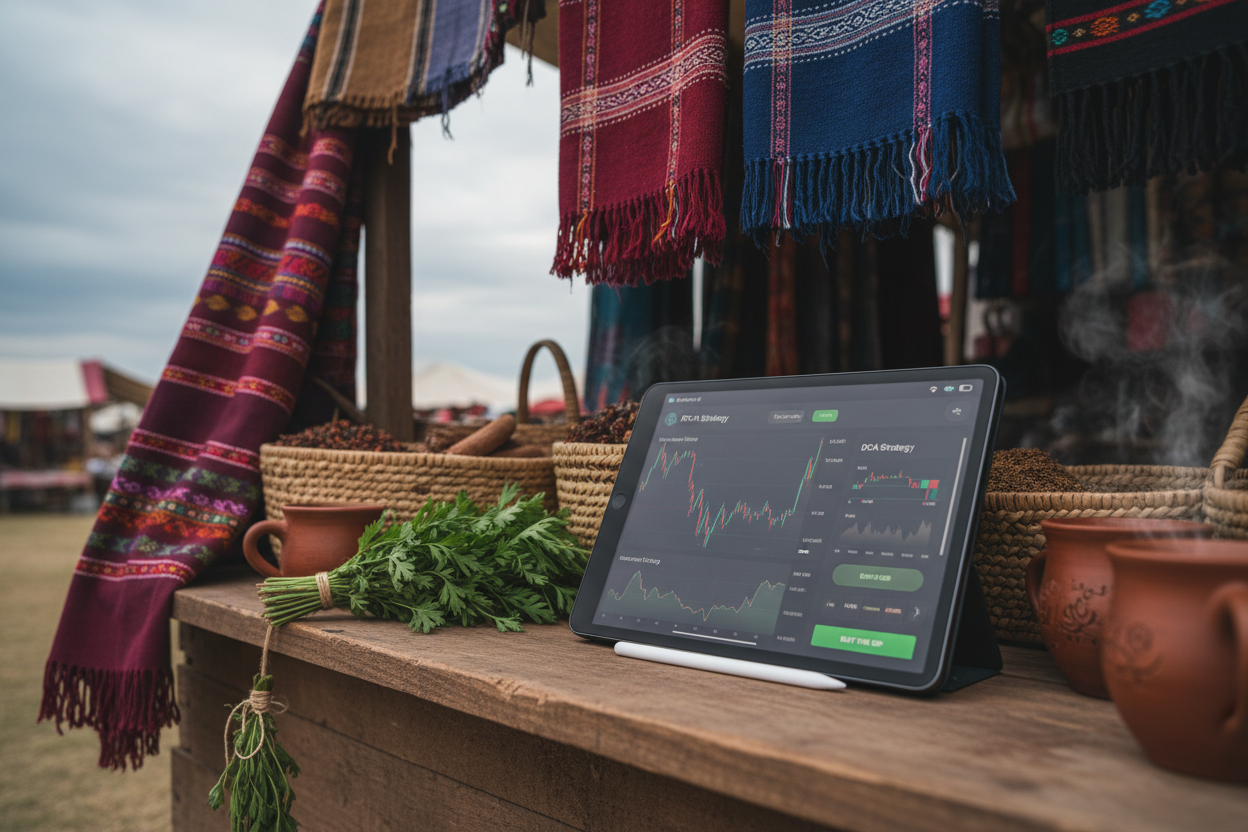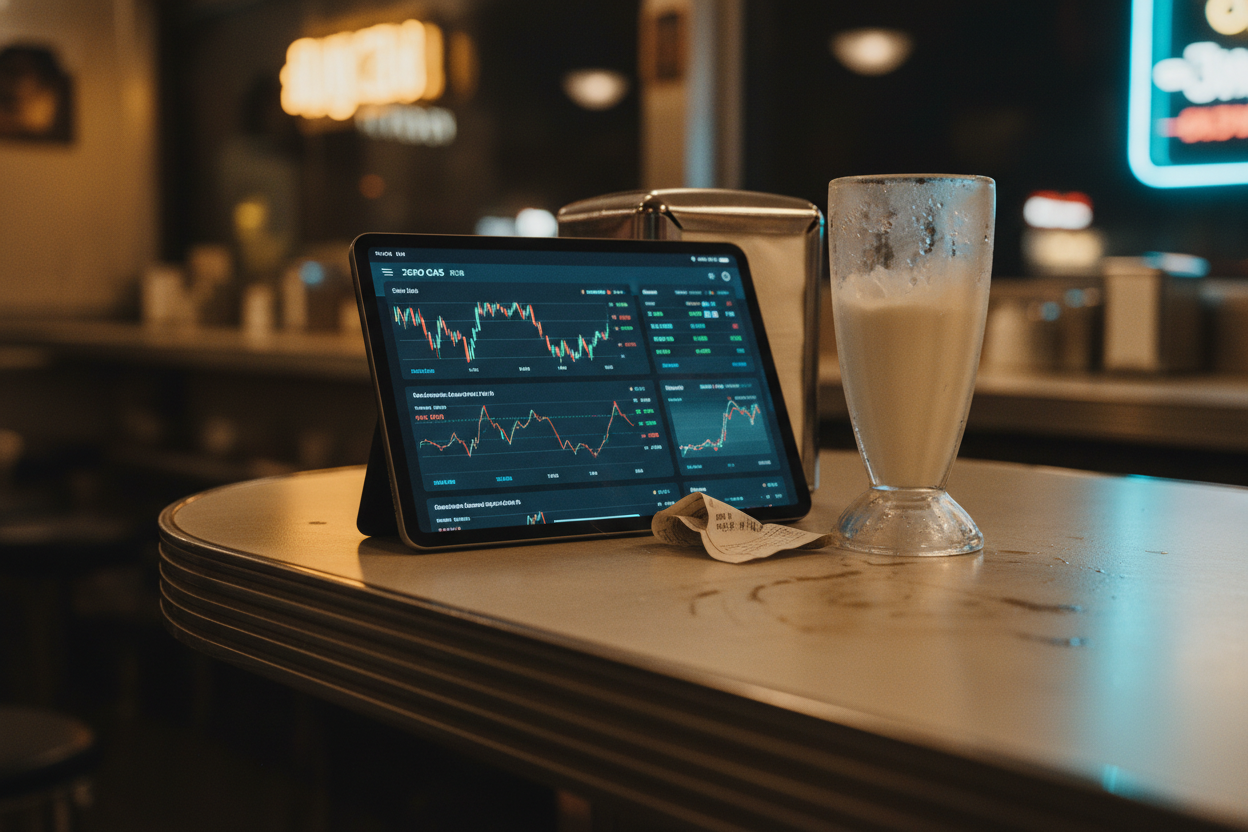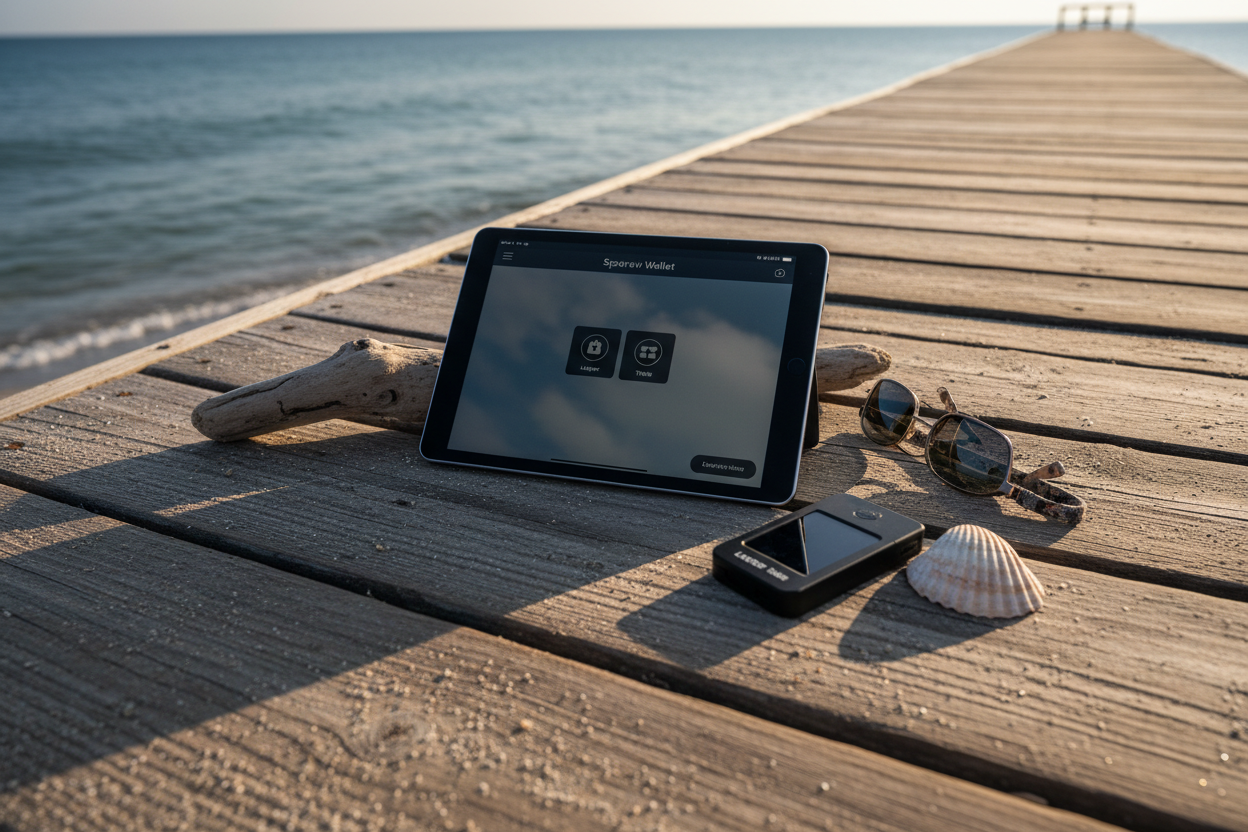Choosing the right crypto wallet can make or break your swapping experience, especially as token volumes and blockchain diversity surge in 2025. If you’re eyeing Trust Wallet vs MetaMask for your next big swap, you’re not alone. With both platforms rolling out fresh features and network integrations, the competition is tighter than ever. Let’s break down how these wallets compare on the swap front, fees, supported assets, and user experience, so you can confidently pick your best wallet for token swaps in 2025.

Supported Assets and Networks: Who Wins on Diversity?
When it comes to swapping tokens, breadth matters. In 2025, Trust Wallet continues to flex its multi-chain muscle, supporting over 250,000 cryptocurrencies across more than 65 blockchains. That means you can easily swap not just ERC-20 tokens but also Bitcoin (BTC), Solana (SOL), Binance Smart Chain (BSC) assets, and more, all without leaving the app. This wide net is a game changer for users who want to swap outside the Ethereum ecosystem or diversify their holdings quickly.
MetaMask, while traditionally an Ethereum stalwart, has made major strides this year. Native Solana support landed in May 2025, and Bitcoin integration is expected before Q4 wraps up. Still, as of now, MetaMask’s core strength remains with Ethereum and EVM-compatible chains. If your portfolio is heavy on ETH-based assets or trending DeFi tokens like those often featured in MetaMask trending tokens, it’s a solid pick, but it won’t match Trust Wallet’s sheer network reach just yet.
The bottom line? If you want maximum flexibility for cross-chain swaps, including Bitcoin and Solana, Trust Wallet is hard to beat in today’s market.
Swap Fees: The True Cost of Convenience
No one likes hidden fees eating into their gains. Here’s where things get interesting:
Key Swap Fee Differences: Trust Wallet vs MetaMask (2025)
-
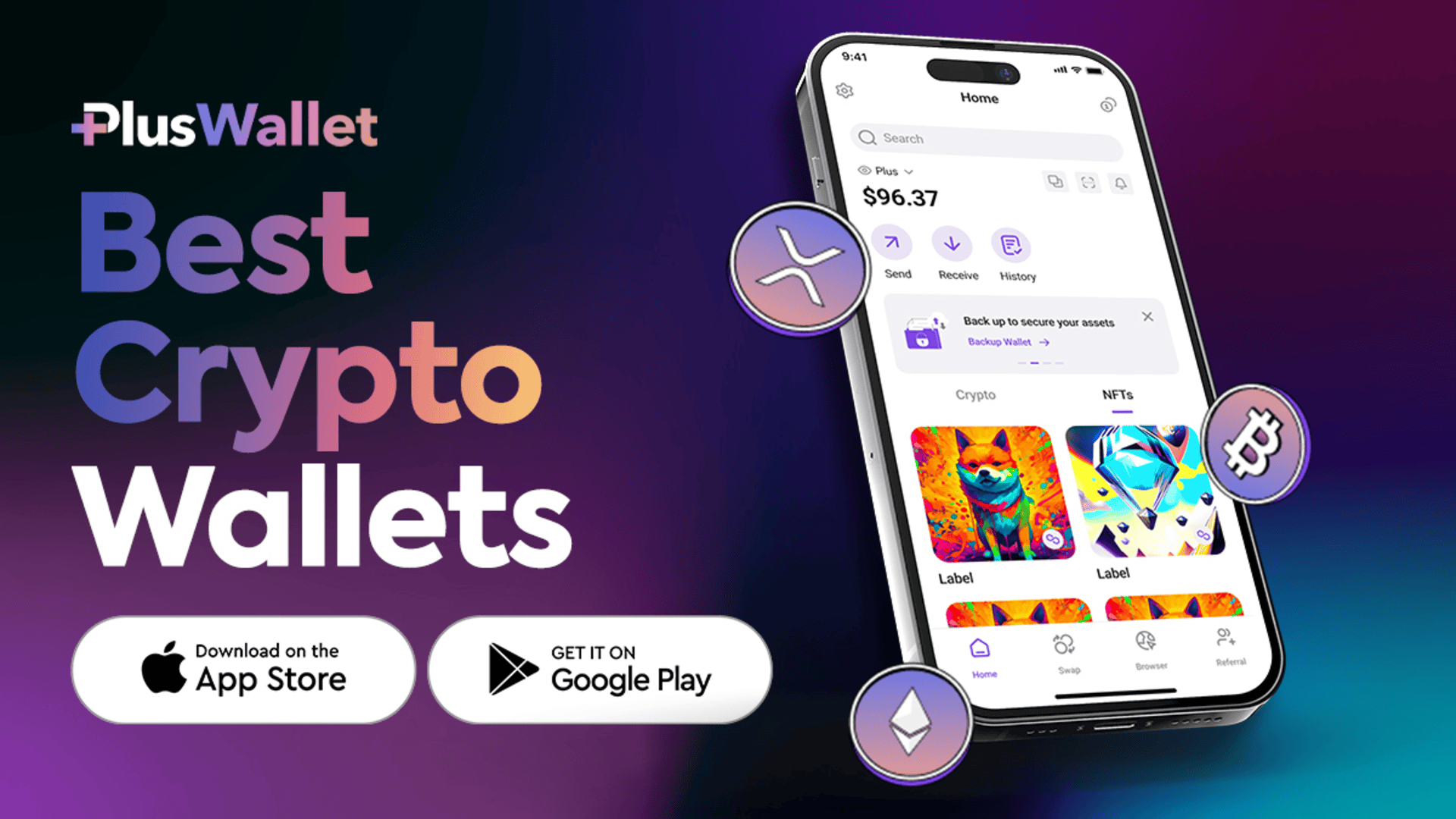
Trust Wallet charges no additional swap fees beyond standard network fees. Users only pay blockchain gas fees when swapping tokens within the app.
-
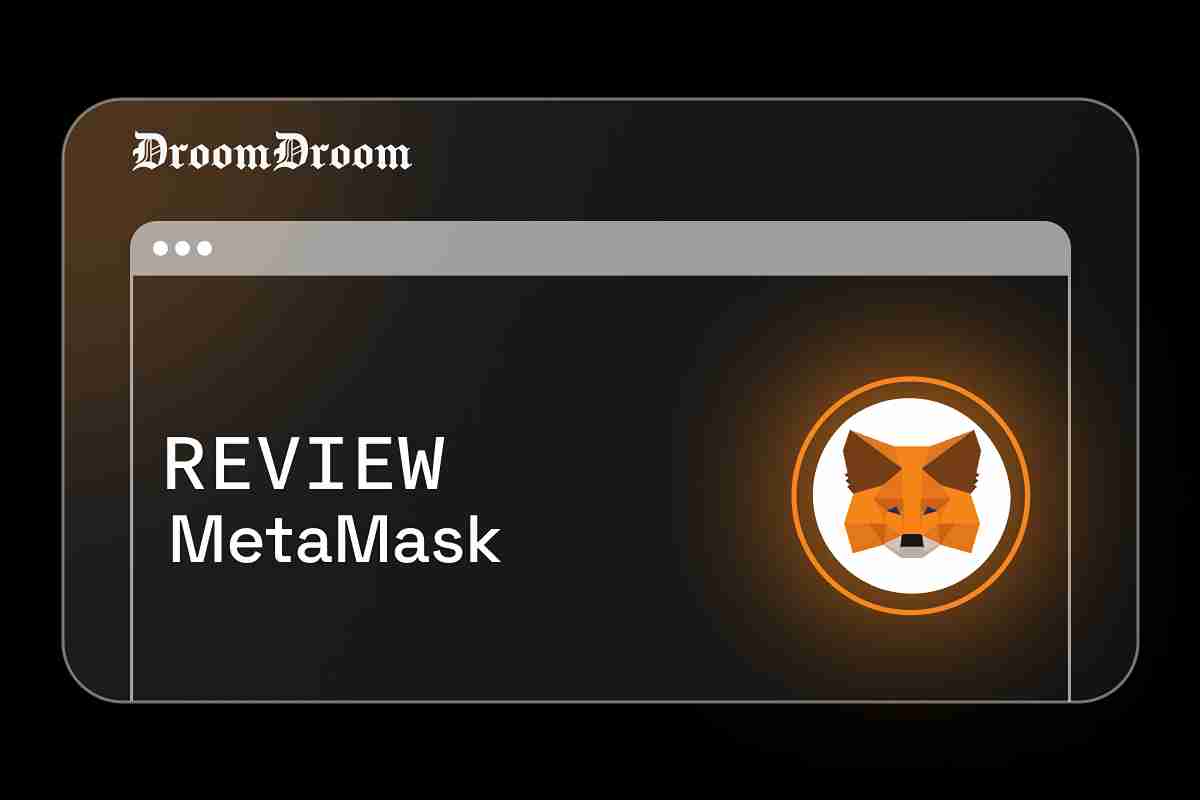
MetaMask applies a 0.875% service fee on all in-app token swaps, in addition to standard network gas fees. This fee is automatically added to each transaction.
-
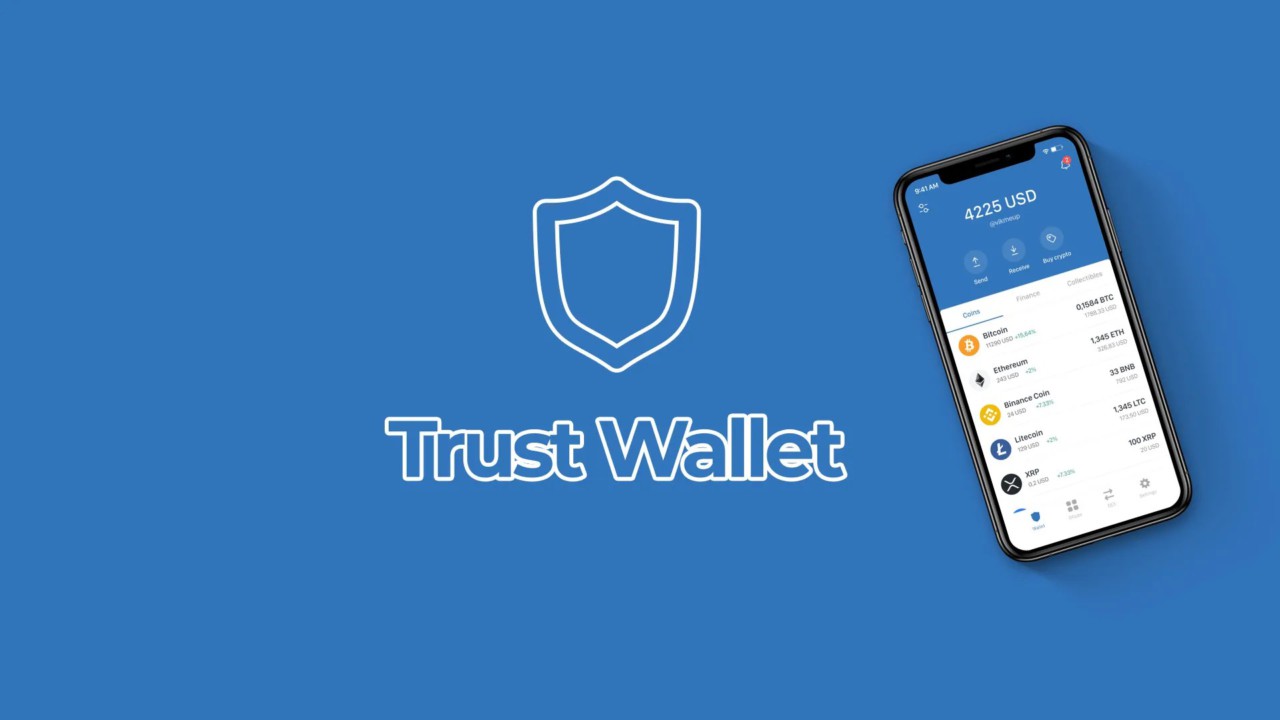
Trust Wallet’s 1% fee on crypto purchases via third-party providers can be waived by holding at least 100 $TWT tokens. This does not impact regular token swaps, which remain fee-free from Trust Wallet itself.
-
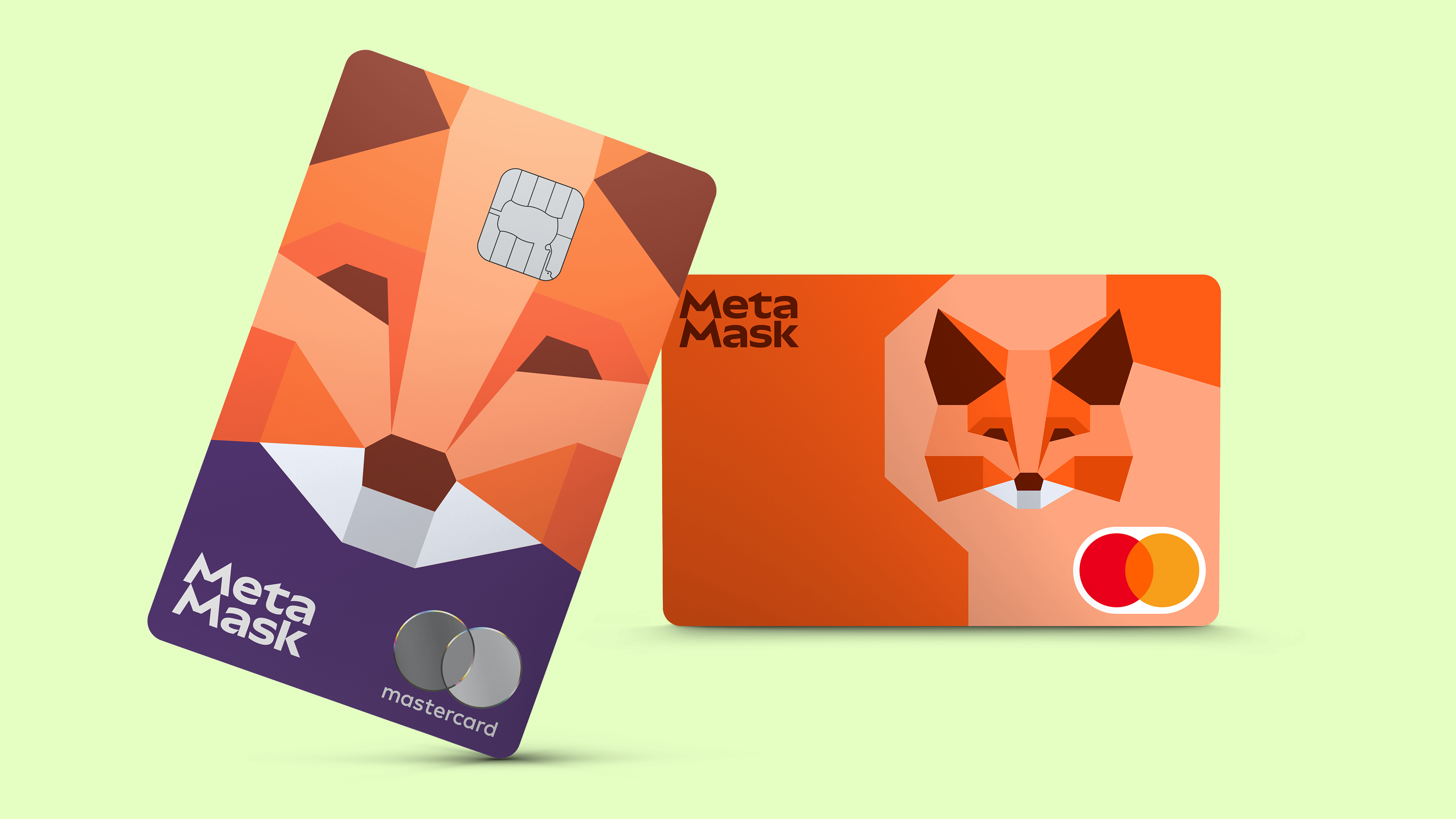
MetaMask does not offer a way to waive its swap service fee, regardless of token holdings or wallet activity.
-
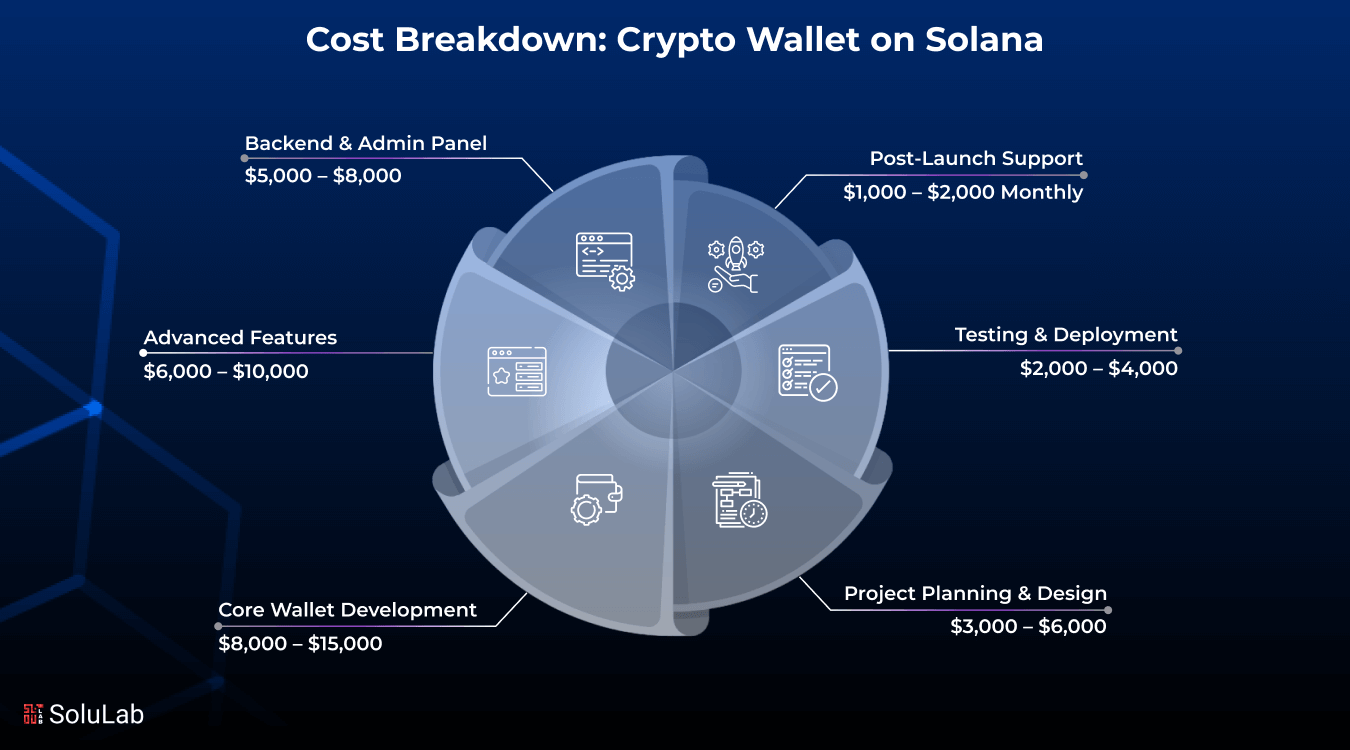
Both wallets require users to pay standard network gas fees for every swap, which vary depending on the blockchain and network congestion.
Trust Wallet: Swaps are free of additional wallet fees, just pay standard network gas fees. However, if you buy crypto via third-party exchanges inside the app, there’s a 1% fee (which can be waived if you hold at least 100 $TWT tokens). For regular swaps between supported assets? No extra charge from Trust Wallet itself.
MetaMask: Every swap inside MetaMask incurs a service fee of 0.875%, stacked on top of whatever network gas costs apply. For frequent swappers or high-volume trades, this adds up quickly, even more so when ETH gas prices spike during market volatility.
This clear cost divide makes Trust Wallet extremely attractive for active traders who want to minimize friction on every transaction.
User Experience and Visual Interface: Speed Meets Simplicity?
User interface isn’t just about looks, it directly impacts how fast and confidently you can execute swaps when markets move fast. Trust Wallet‘s mobile-first design feels intuitive whether you’re new to crypto or an old hand juggling multiple blockchains daily. The interface guides users smoothly from asset selection to final confirmation with minimal clutter or jargon.
MetaMask, available as both browser extension and mobile app, packs powerful dApp integration tools that appeal to DeFi power users. But with advanced features comes complexity, the learning curve is steeper for those just starting out or anyone who wants quick one-tap swaps without fuss.
The Takeaway So Far: Which Crypto Wallet Offers the Best Swap Experience?
If your main priority is low-cost swapping across a massive range of networks, including BTC and SOL provides Trust Wallet stands out as the most versatile choice in 2025. Its fee structure favors active traders while its visual interface welcomes all levels of experience.
If your world revolves around Ethereum-based assets or cutting-edge DeFi dApps, and you don’t mind paying a premium for integrated features provides MetaMask remains a powerhouse contender.
But let’s not ignore the nuances. For NFT collectors, both wallets offer robust support, yet MetaMask’s integration with Ethereum-based NFT marketplaces is a notch above, especially if you’re deep into trading rare digital art or gaming assets. Trust Wallet, meanwhile, keeps things simple and broad, allowing you to view and manage NFTs across multiple chains but without the same level of marketplace connectivity.
Security is another key pillar for any swap-centric wallet. Both MetaMask and Trust Wallet are non-custodial: your keys, your coins. However, Trust Wallet leans into ease of use with a mobile-first approach, while MetaMask offers granular control over permissions and custom networks, ideal for users who want to experiment with emerging DeFi protocols or testnets.
Real-World Swap Scenarios
Let’s get practical. Suppose you want to swap a Solana-based token for Bitcoin. With MetaMask, as of September 2025, you’d need to wait for full Bitcoin integration or use bridging services, adding steps and potential fees. In Trust Wallet? It’s a direct in-app swap thanks to its multi-chain reach.
On the flip side, if you’re minting new DeFi tokens during an Ethereum mainnet launch or interacting with trending dApps like Uniswap v4 or LayerZero bridges, MetaMask’s browser extension gives you seamless access, including advanced gas controls and integrations that seasoned DeFi users swear by.
Real-World Scenarios Where Trust Wallet or MetaMask Wins at Swaps
-
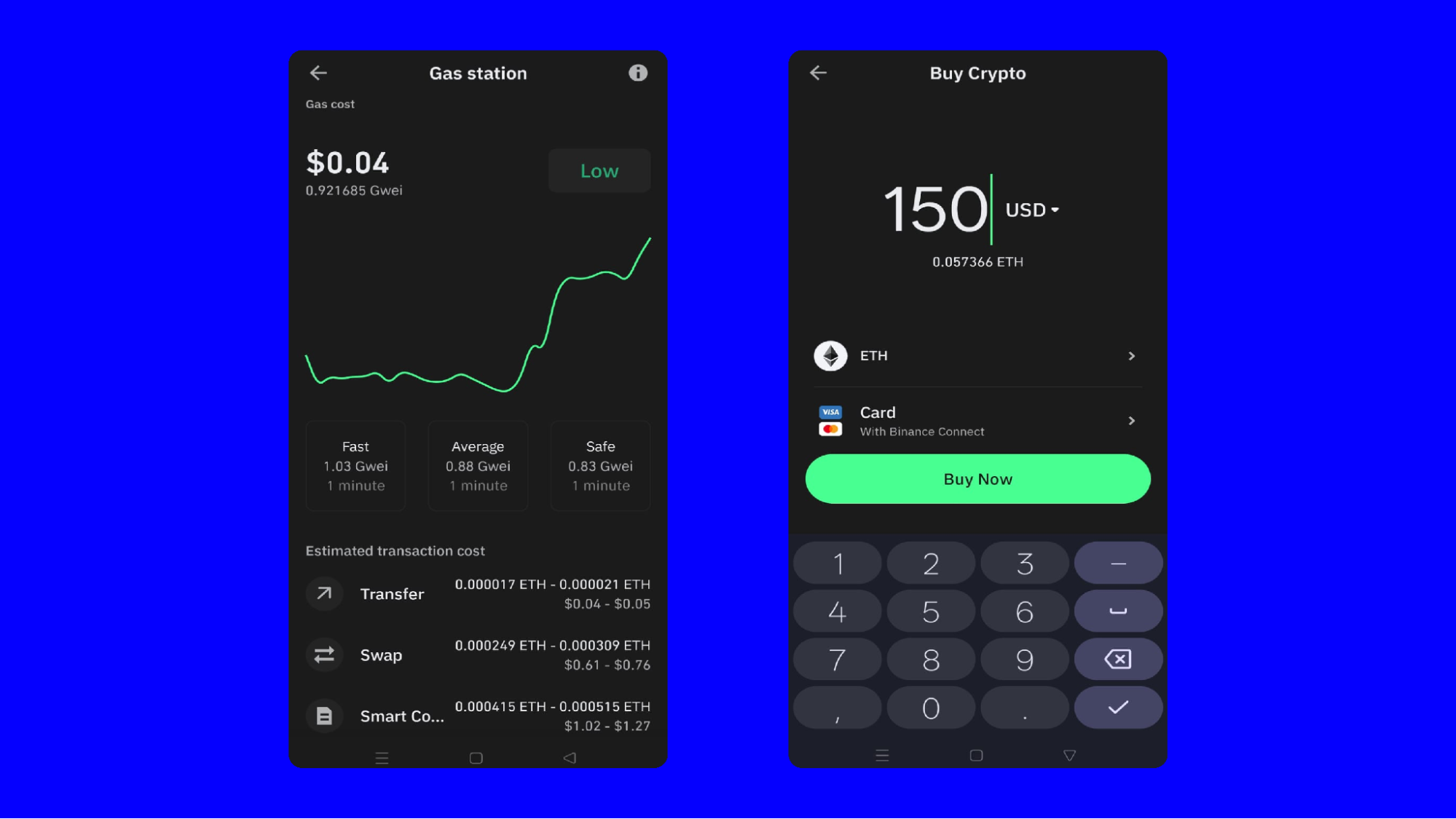
Swapping Bitcoin (BTC) or Solana (SOL) Directly: Trust Wallet supports swaps across 65+ blockchains, including Bitcoin and Solana. MetaMask, as of September 2025, only recently added Solana support and is still rolling out Bitcoin integration. For users needing to swap BTC or SOL natively, Trust Wallet is the clear winner.
-
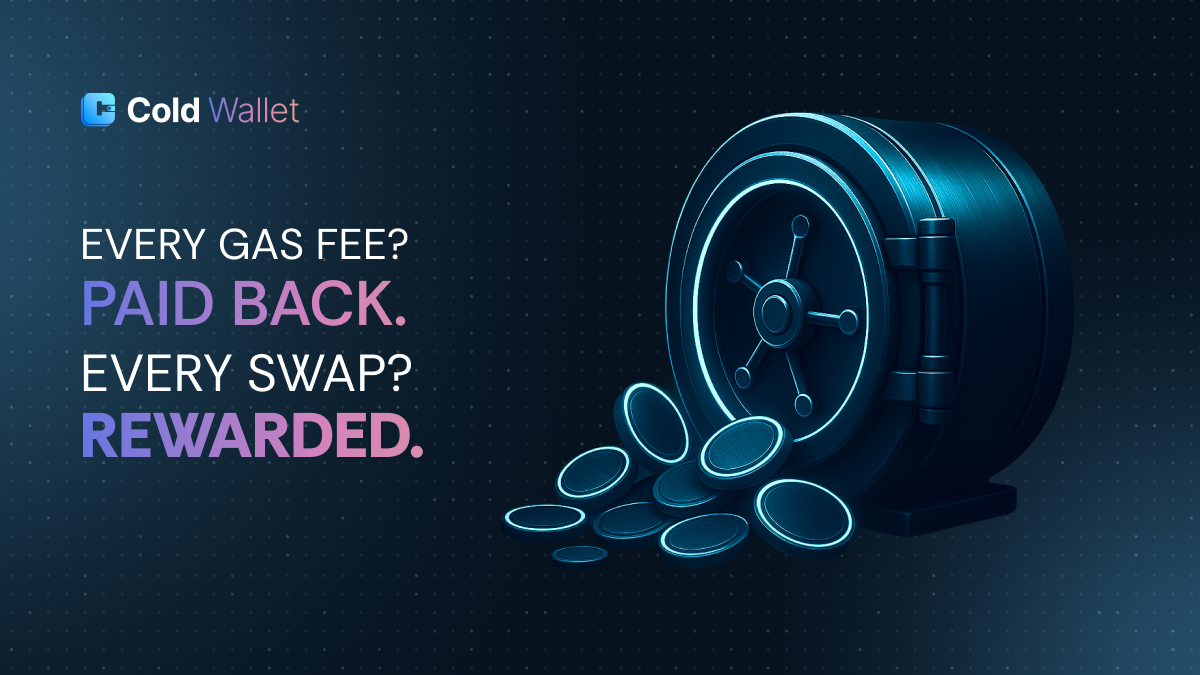
Minimizing Swap Fees: Trust Wallet charges no additional swap fees (beyond standard network fees), while MetaMask applies a 0.875% service fee on swaps. If you’re swapping large amounts or swapping frequently, Trust Wallet saves you more on fees.
-
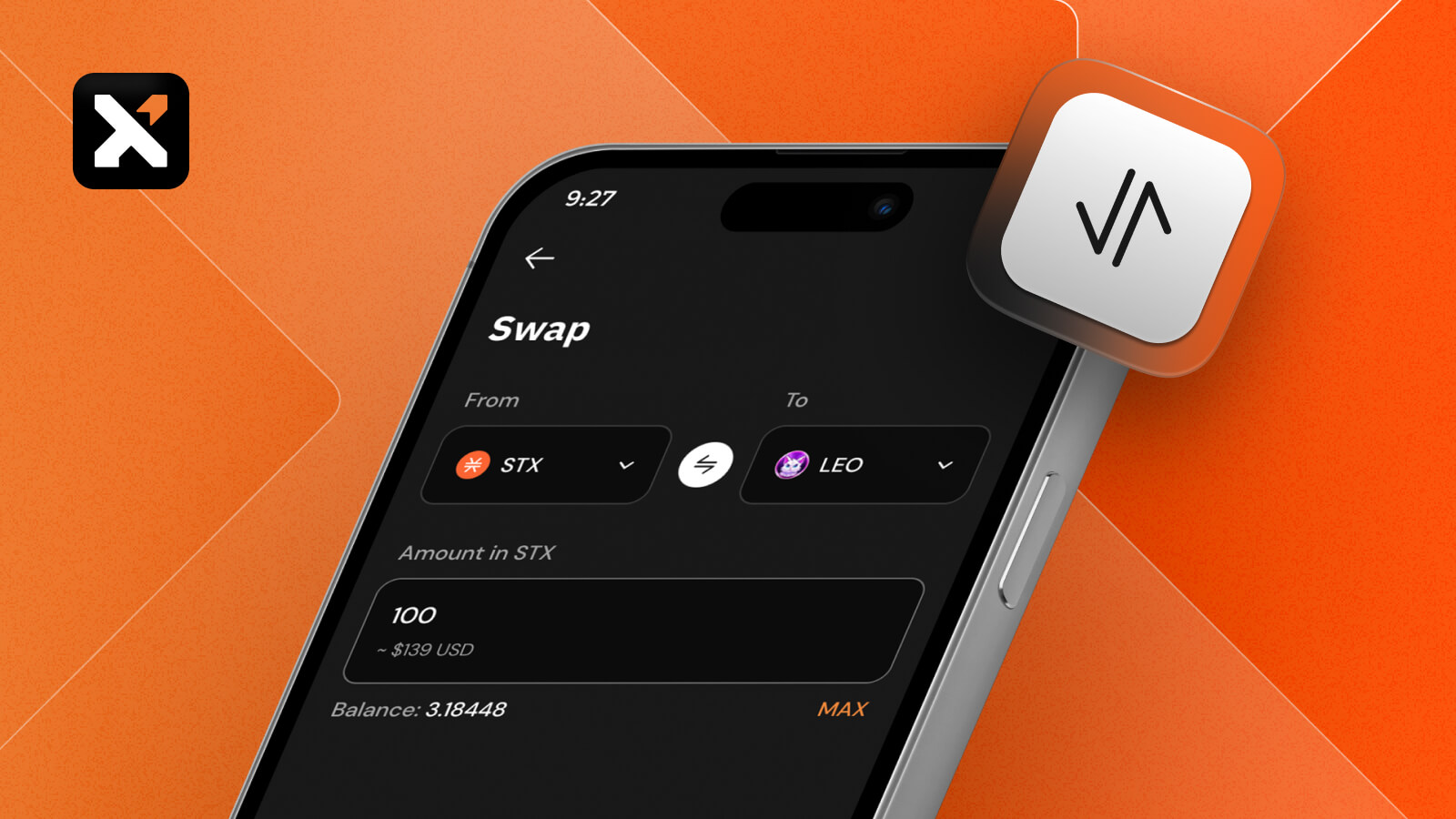
Swapping Rare or Niche Tokens: With support for 250,000+ cryptocurrencies across dozens of blockchains, Trust Wallet is better for swapping less common tokens that may not be available on MetaMask’s Ethereum-centric platform.
-
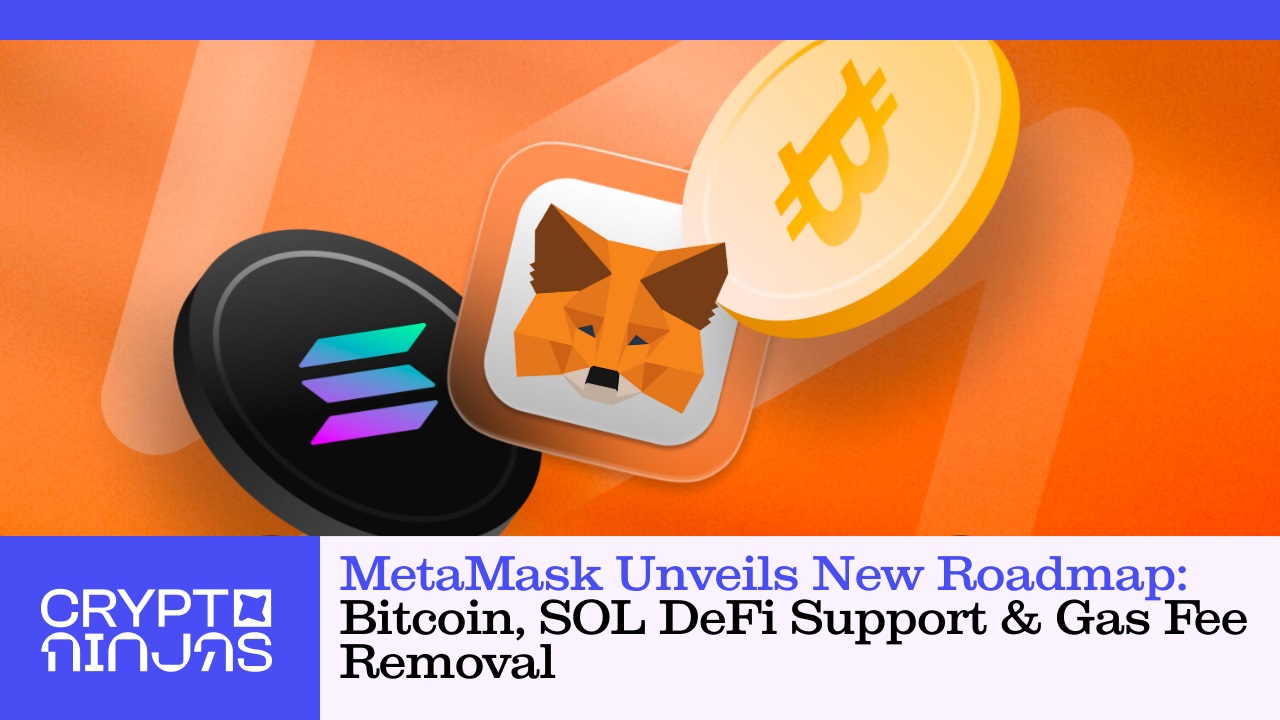
Deep DeFi and dApp Integration: MetaMask’s browser extension and mobile app offer seamless dApp connectivity on Ethereum and compatible chains. If you’re swapping tokens as part of DeFi protocols or NFT marketplaces, MetaMask provides a superior experience thanks to its advanced dApp integration.
-
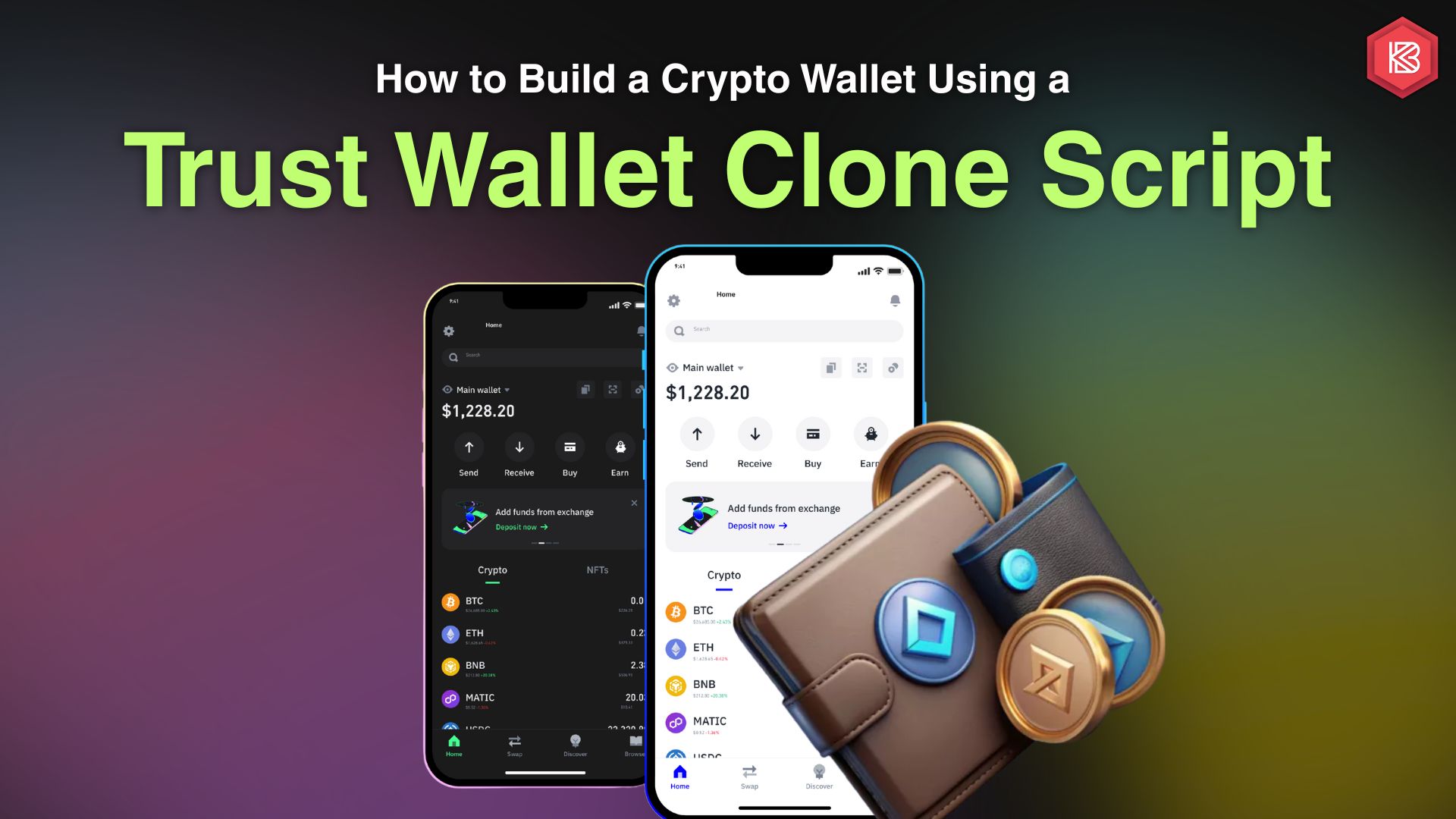
Beginner-Friendly Mobile Swaps: Trust Wallet’s intuitive mobile interface is ideal for newcomers who want a simple, straightforward swap experience without technical hurdles. MetaMask’s interface, while powerful, can be more complex for first-timers.
-
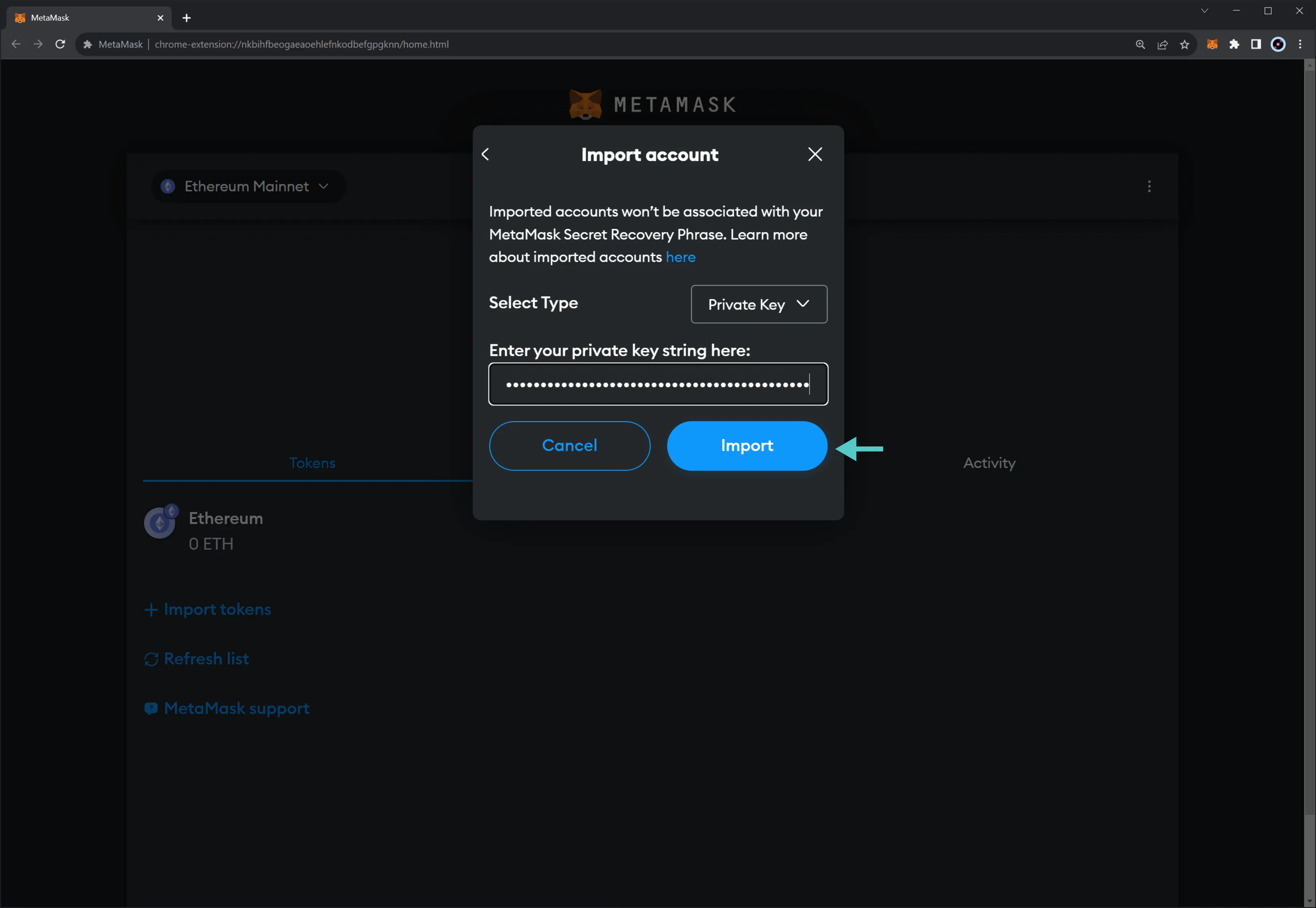
Swapping Ethereum-Based Tokens with Advanced Features: MetaMask is optimized for Ethereum and EVM-compatible tokens, offering advanced swap routing and integration with popular DEX aggregators. Power users seeking the best swap rates and features on Ethereum will find MetaMask excels.
Community Trends and Final Thoughts: What Are Users Choosing in 2025?
The numbers don’t lie: Trust Wallet swap volume has surged in 2025 as more users chase cross-chain flexibility and lower fees. Social sentiment also tilts positive for its simplicity and breadth, especially among those new to crypto or looking to diversify beyond Ethereum.
MetaMask remains the darling of hardcore DeFi enthusiasts and NFT traders who value its advanced features and tight dApp integration. Its upcoming native Bitcoin support could be a game-changer later this year, but until then, it lags behind Trust Wallet on pure asset diversity for swaps.
Which wallet do you prefer for token swaps in 2025: Trust Wallet or MetaMask?
Both Trust Wallet and MetaMask have enhanced their swap features in 2025. Trust Wallet offers broad asset support, no extra swap fees, and a user-friendly mobile interface. MetaMask is expanding network support, integrates with dApps, and is a favorite among DeFi users. Which do you trust for your swaps this year?
Your Move: Picking the Best Crypto Wallet for Swaps
If you prioritize ease of use, broad network coverage, and minimal fees, Trust Wallet is tough to beat as your daily driver in 2025. If your world revolves around Ethereum innovation, or if you’re an NFT maximalist, MetaMask still holds serious appeal.
No matter which side you land on in the Trust Wallet vs MetaMask debate, both wallets continue raising the bar for crypto wallet visual interface design and user empowerment. As market dynamics shift through late 2025 (and with Bitcoin integration looming on both fronts), staying flexible, and keeping an eye on new features, is key.
If you’re still undecided or want a deeper look at technical features before making your choice, check out this detailed comparison at Bitzuma’s head-to-head review.




